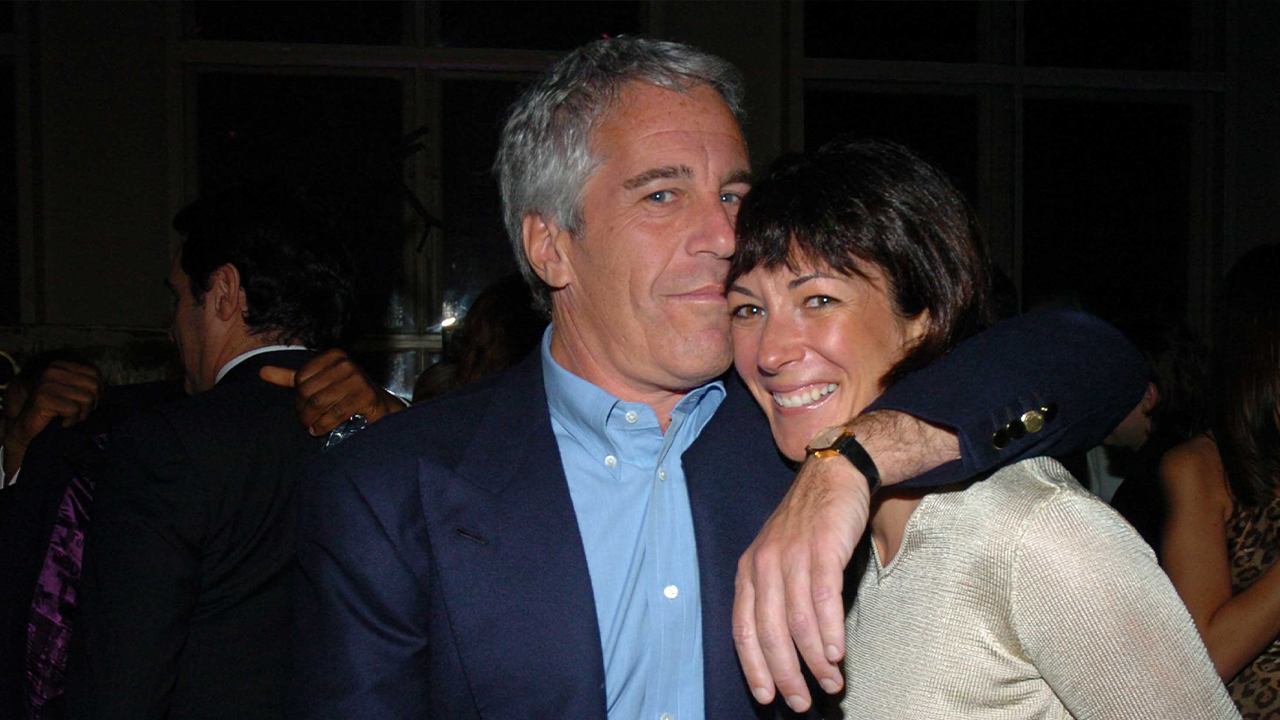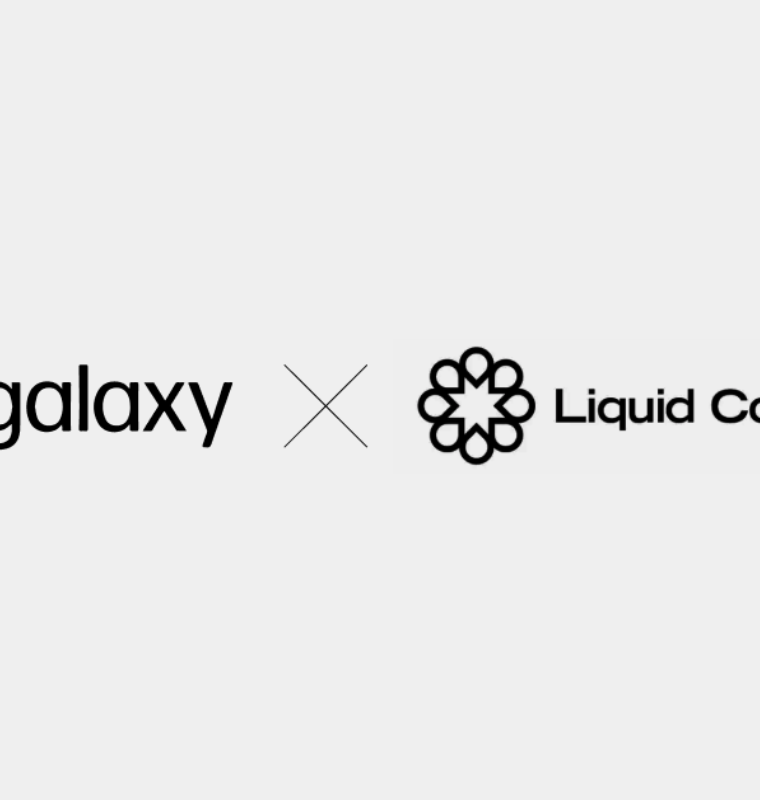Federal Judge Blocks Trump Administration’s Attempt to Unseal Jeffrey Epstein Grand Jury Transcripts in Florida
Federal Judge Blocks Trump Administration’s Attempt to Unseal Jeffrey Epstein Grand Jury Transcripts in Florida
By
Rachel Steinberg
Last updated:
July 24, 2025
First Published:
August 6, 2025

Photo: Fox News
A federal judge in Florida has denied a request by the Trump administration to unseal grand jury transcripts from criminal investigations into Jeffrey Epstein dating back to the mid-2000s. The decision marks a significant setback for those pushing for more transparency in one of the most controversial criminal cases in recent U.S. history.
The ruling, issued Wednesday by U.S. District Judge Robin Rosenberg in West Palm Beach, cited legal precedent that limits district courts' authority to release grand jury materials outside of specific exceptions.
What the DOJ Was Seeking
The Department of Justice (DOJ) had asked the court to unseal transcripts from two federal grand juries convened in 2005 and 2007. These proceedings were part of an earlier federal probe into Epstein’s sexual abuse and trafficking of underage girls but did not result in federal charges at the time.
Instead, Epstein pled guilty in 2008 to state-level charges in Florida — specifically, procuring a minor for prostitution — as part of a highly controversial non-prosecution agreement struck with federal prosecutors.
The DOJ argued that public interest in the Epstein case was strong enough to justify an exception to traditional grand jury secrecy rules, especially since Epstein died by suicide in 2019 while facing new federal charges in New York.
Why the Judge Denied the Request
Judge Rosenberg rejected the DOJ’s arguments, stating that the 11th U.S. Circuit Court of Appeals, which governs Florida, does not allow grand jury disclosures outside of specific circumstances defined under Rule 6(e) of the Federal Rules of Criminal Procedure.
“Eleventh Circuit law does not permit this Court to grant the Government’s request; the Court’s hands are tied — a point the Government concedes,” Rosenberg wrote.
She also denied a secondary request from the DOJ to transfer the petition to federal court in Manhattan, where grand jury disclosure laws under the 2nd Circuit are more permissive. The judge said the DOJ failed to meet the legal threshold for such a transfer.
Pending Epstein-Related Cases Elsewhere
This decision does not affect separate DOJ requests to unseal grand jury materials from later investigations into Epstein and Ghislaine Maxwell conducted in New York. Those investigations led to federal indictments in 2019 and 2020, respectively.
These cases were handled by U.S. District Court in Manhattan, which falls under the 2nd Circuit Court of Appeals — a jurisdiction that has allowed grand jury disclosures based on compelling public interest in certain cases.
Backdrop of Political Pressure
The court’s ruling comes amid growing pressure on the Trump administration to explain why previously promised transparency around Epstein’s past — especially during his connections with high-profile individuals — has not materialized.
President Donald Trump and Attorney General Pam Bondi faced intense criticism from the public and media over the DOJ’s decision earlier this year to withhold documents related to Epstein’s criminal history, despite having promised their release.
The administration’s legal push to release the Florida transcripts was seen by many as an attempt to respond to mounting public frustration and political scrutiny — particularly from Trump’s own supporters, many of whom have long speculated about Epstein’s ties to political elites.
Implications Moving Forward
The denial further complicates efforts to bring additional transparency to the murky legal past of Epstein, whose non-prosecution deal allowed him to avoid federal charges for years — despite multiple allegations of sex trafficking involving minors.
While the DOJ may continue to pursue other avenues — including through courts in the 2nd Circuit — this latest ruling underscores the legal and procedural obstacles that remain in the way of full disclosure.
It also highlights the fractured legal landscape surrounding grand jury secrecy in the U.S., with different circuit courts applying different standards, even in cases of intense public interest.
For now, the Epstein grand jury records from Florida will remain sealed, as critics of the DOJ and Trump administration continue to push for answers.
Popular articles
Subscribe to unlock premium content
Disney’s Timeless Magic and How the Entertainment Giant Continues to Shape Culture and Innovation

Imran Khan’s Economic Missteps Amid Political Chaos in Pakistan

The Philippines’ Digital Shift How Remittances and BPO Are Fueling Growth

Disney’s Timeless Magic and How the Entertainment Giant Continues to Shape Culture and Innovation

Imran Khan’s Economic Missteps Amid Political Chaos in Pakistan

Disney’s Timeless Magic and How the Entertainment Giant Continues to Shape Culture and Innovation









